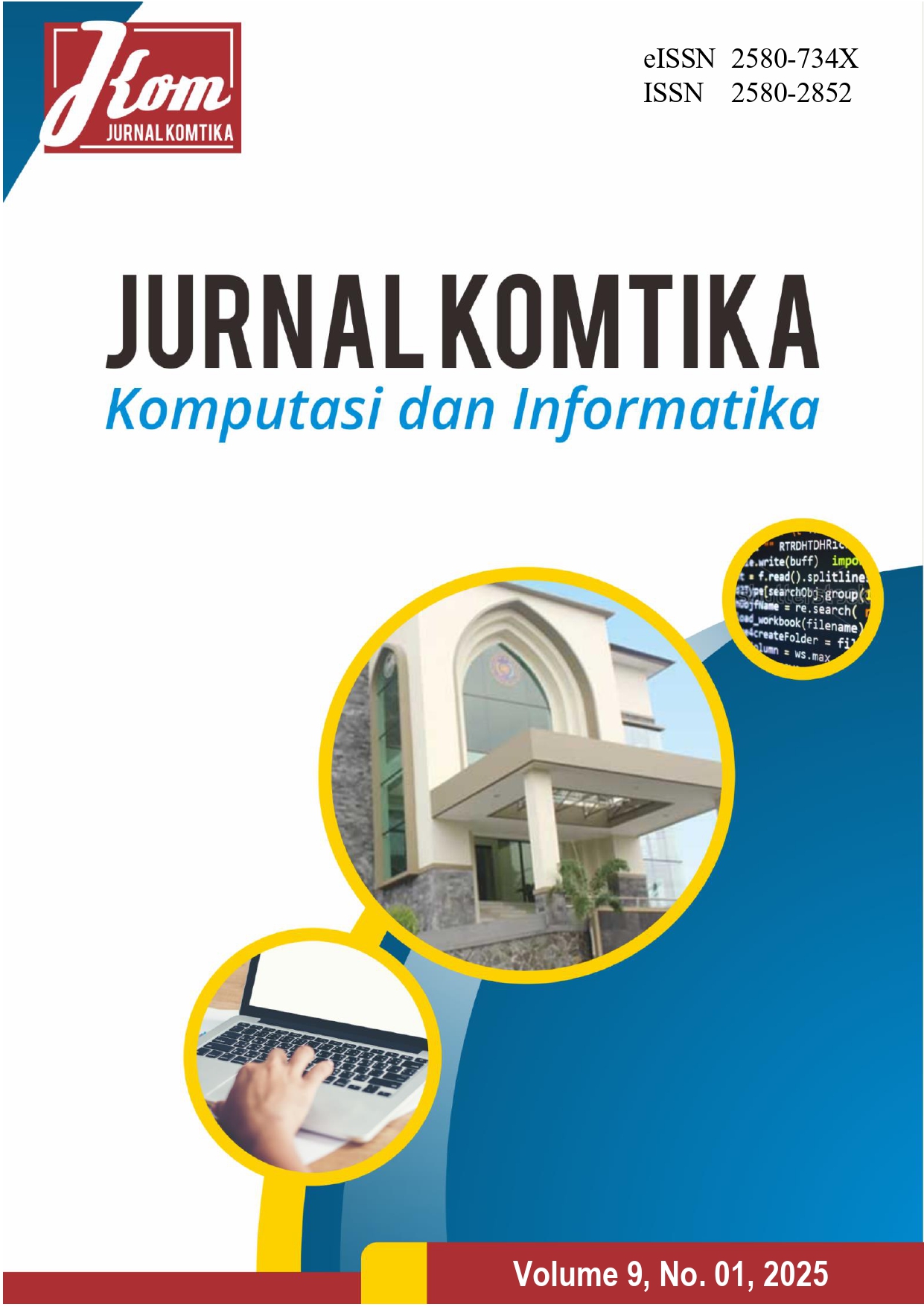Main Article Content
Abstract
The increase in global carbon dioxide (CO2) emissions has become a major concern in climate change studies. This research aims to compare the performance of two machine learning algorithms, namely Support Vector Regression (SVR) and XGBoost, in predicting global CO2 emission trends based on historical data. The dataset used includes related variables such as energy consumption, gross domestic product (GDP), and population, obtained from open data sources like Our World in Data. SVR is optimized through grid search to obtain the best parameters, while XGBoost is used as the main comparator due to its ability to handle non-linear relationships and feature interactions. Model evaluation was conducted using the MAE, RMSE, and R2 metrics. The results show that XGBoost is significantly superior with an MAE of 1745.70 and an RMSE of 2663.18, as well as an R2 value of 0.93, compared to SVR which has an MAE of 5476.54, an RMSE of 8153.37, and an R2 value of 0.82. The visualization of the prediction results also indicates that XGBoost is more accurate in following the fluctuation patterns of actual data, especially in detecting sharp changes. These findings suggest that XGBoost is a more suitable method for forecasting CO2 emissions in complex and non-linear global contexts.
Keywords
Article Details

This work is licensed under a Creative Commons Attribution-NonCommercial 4.0 International License.

